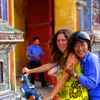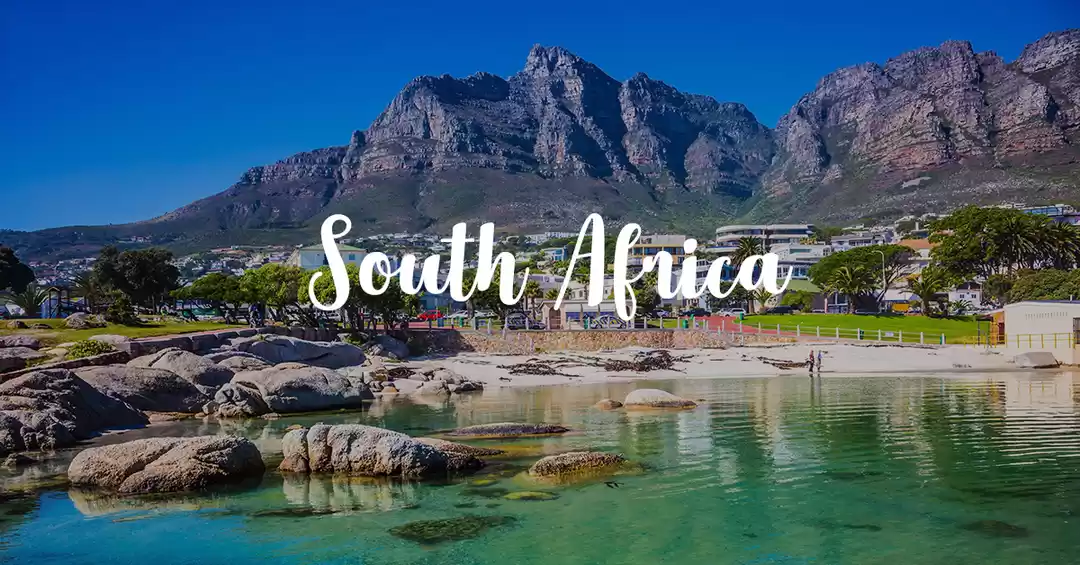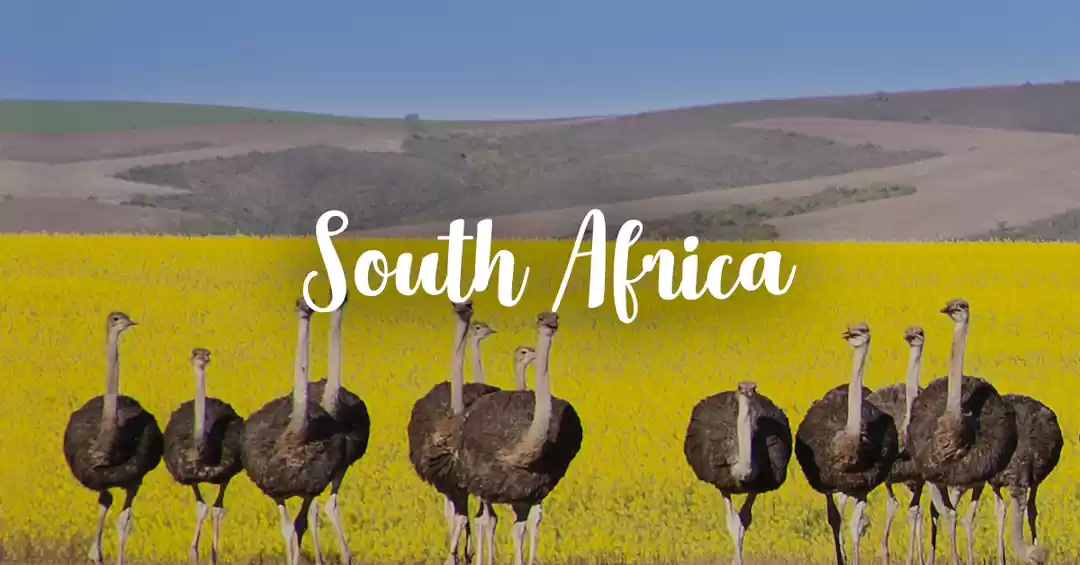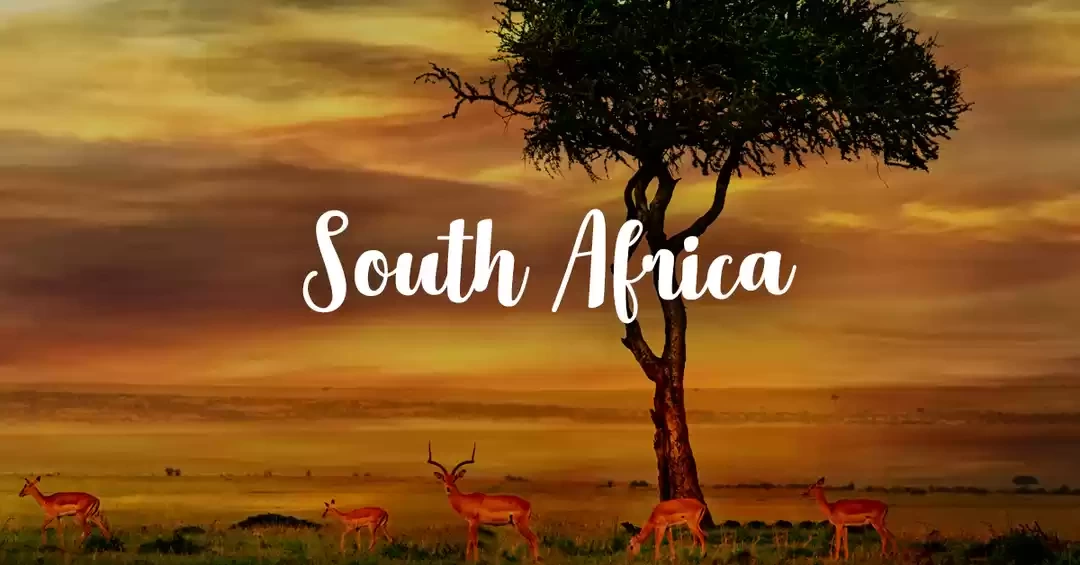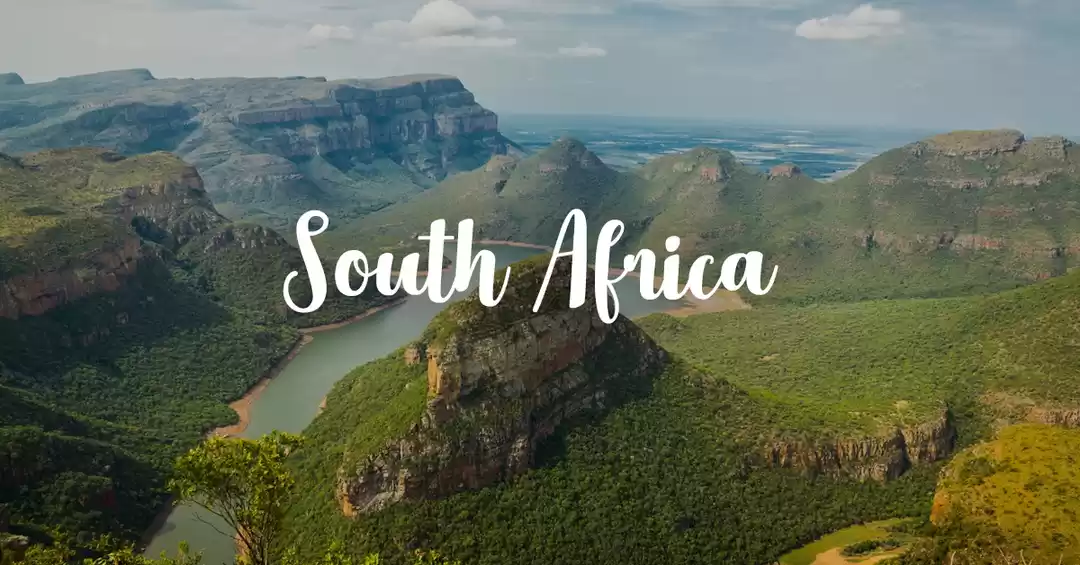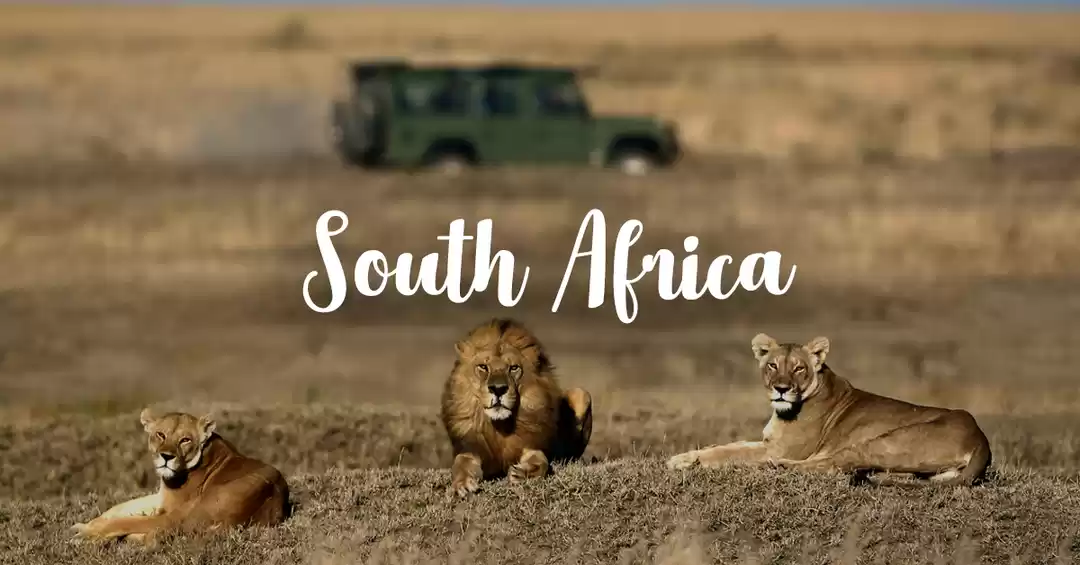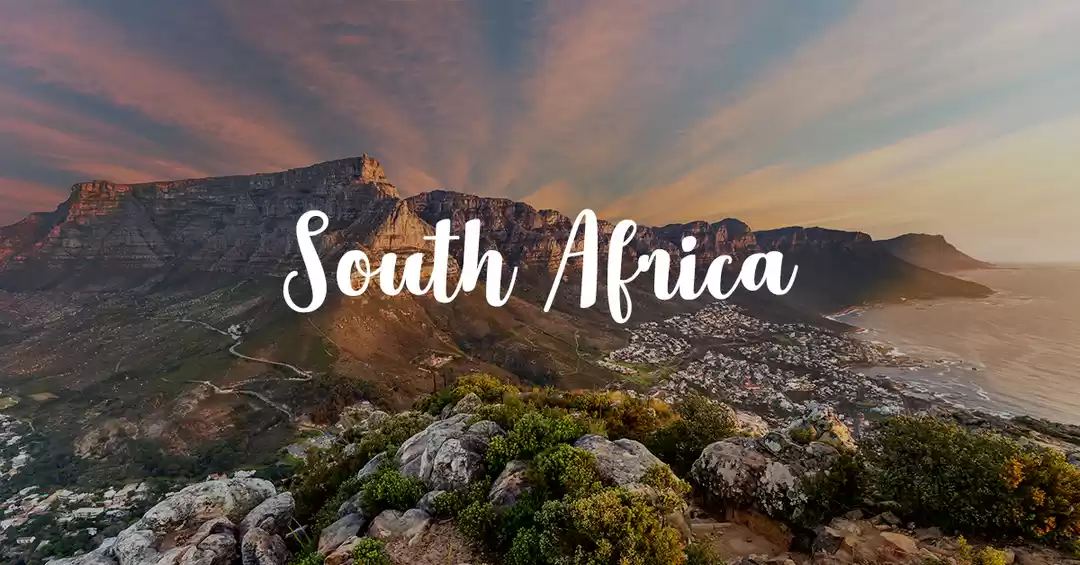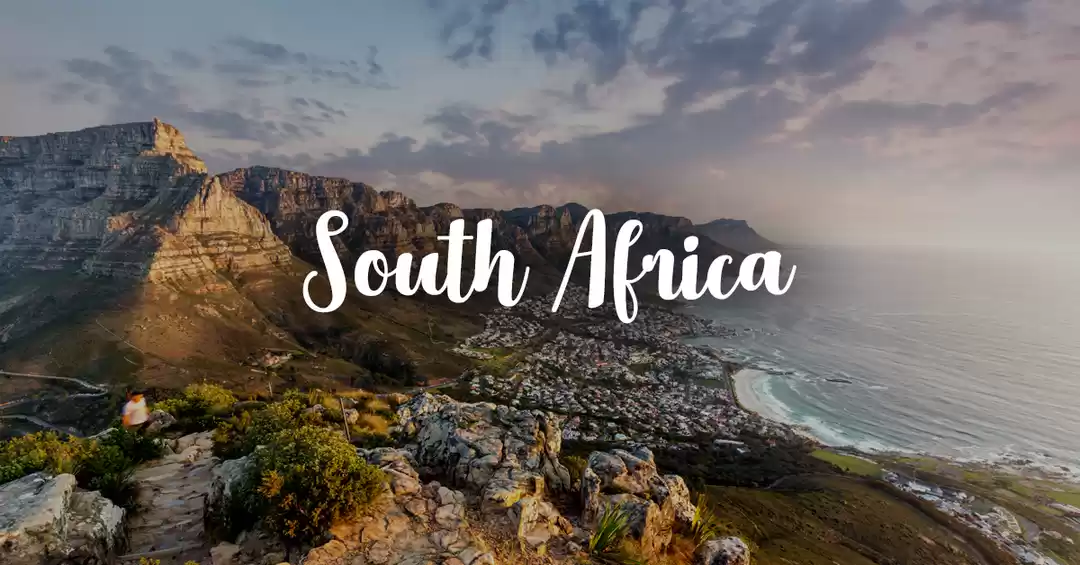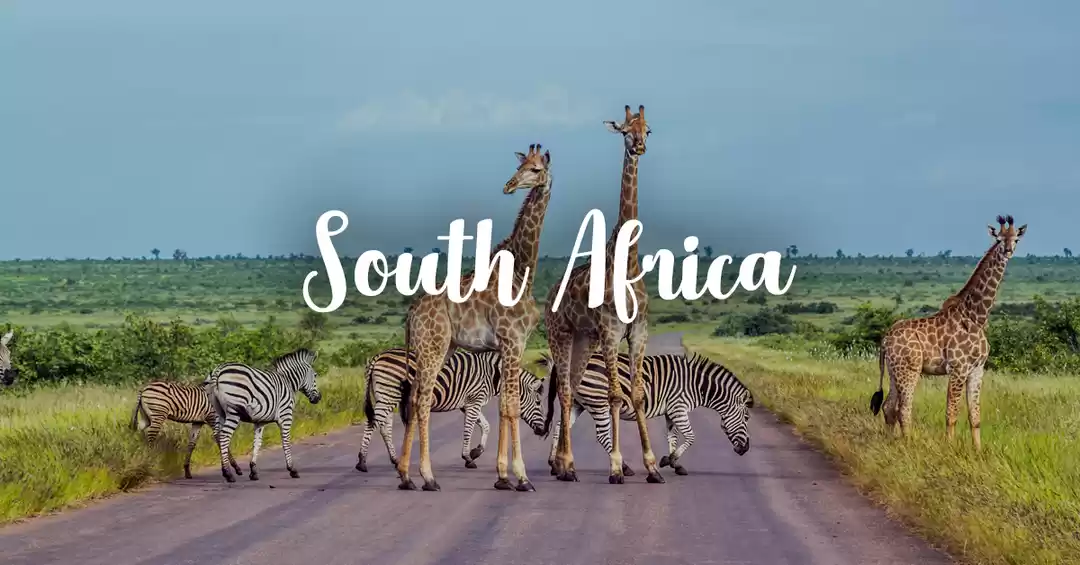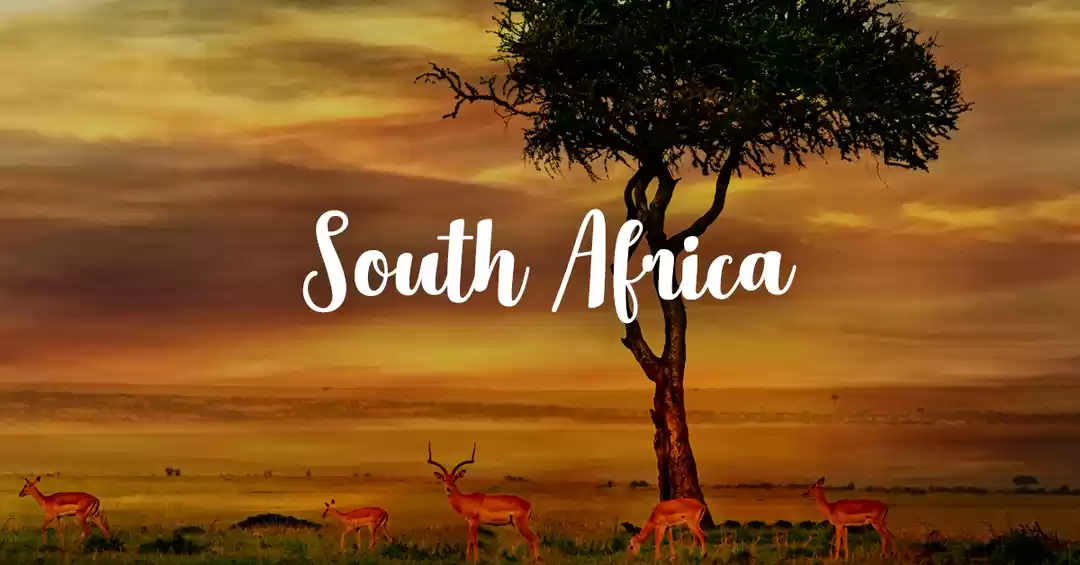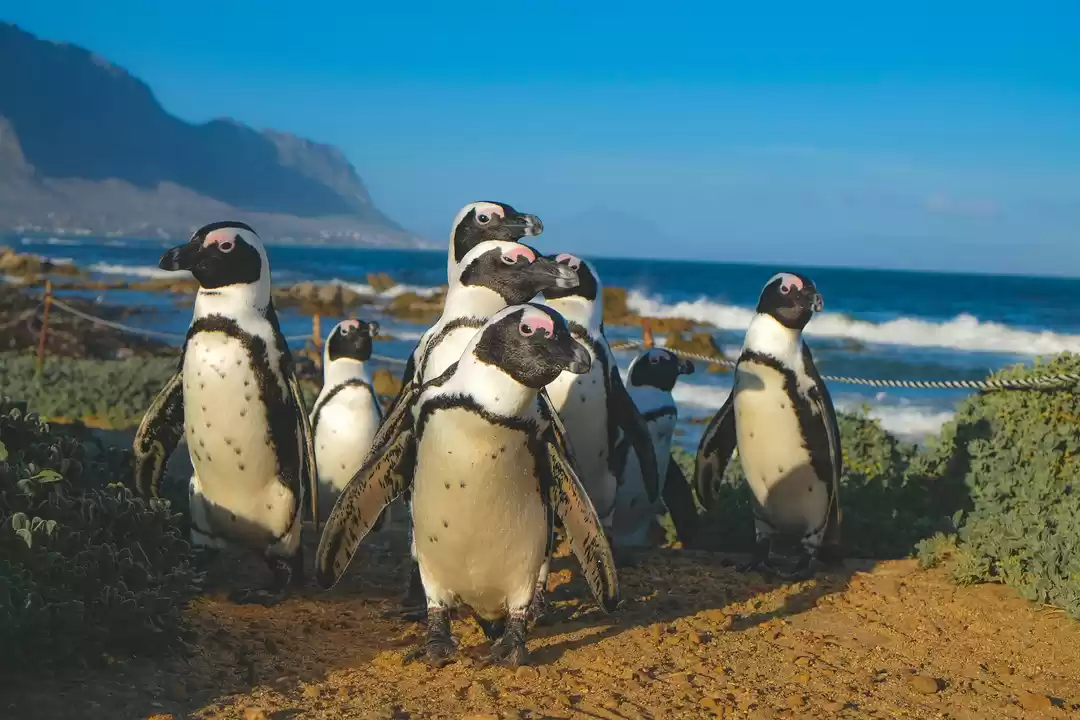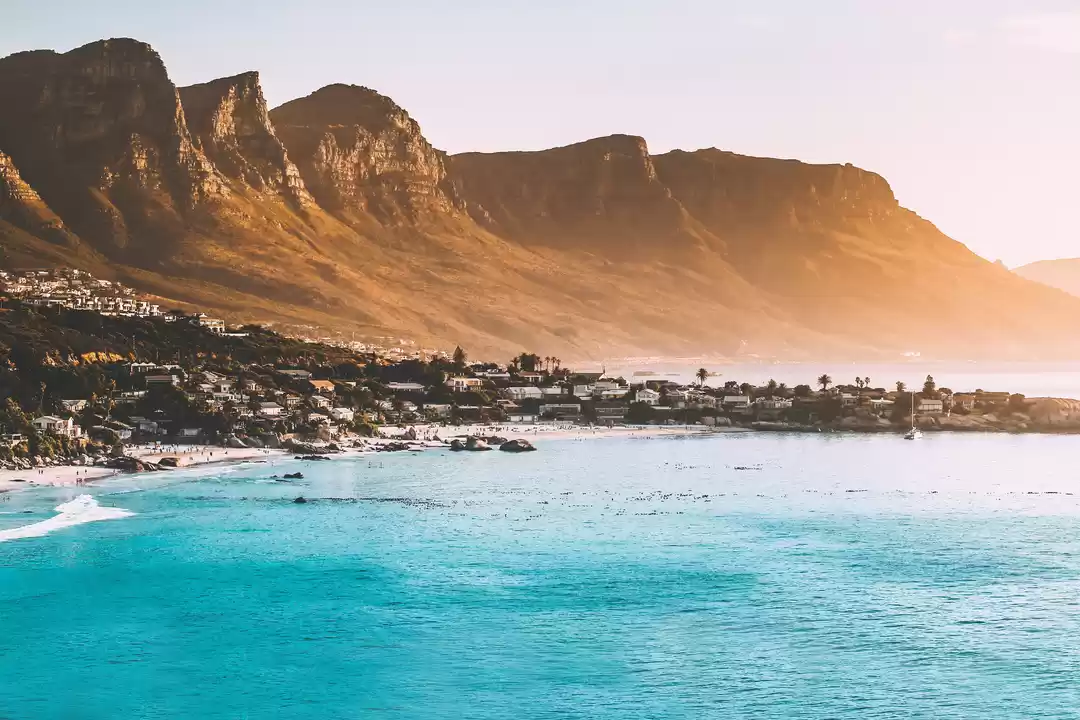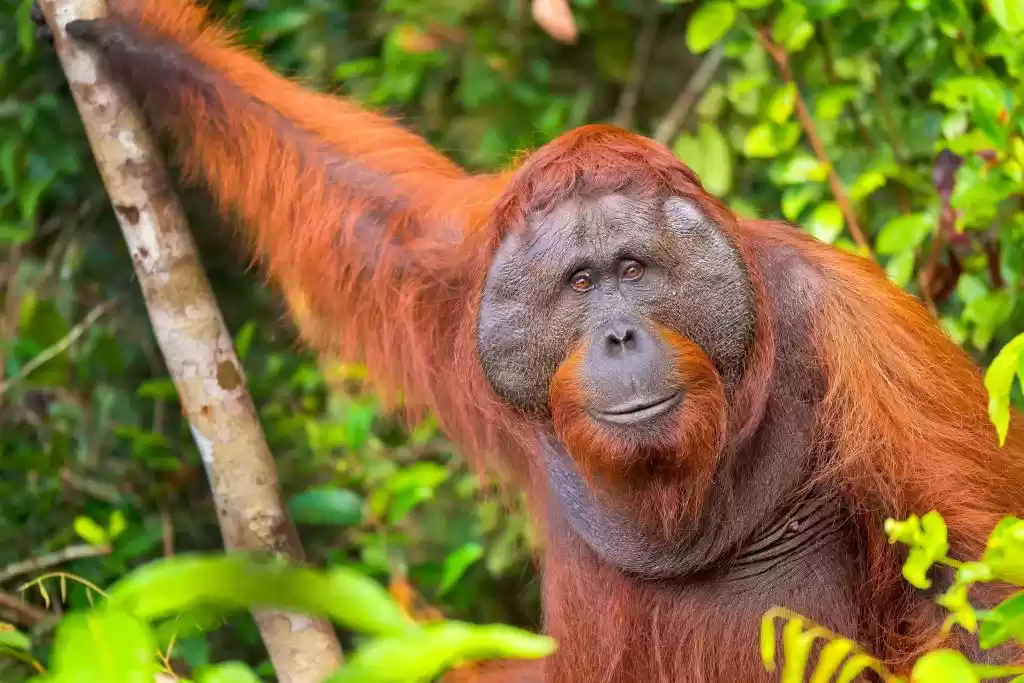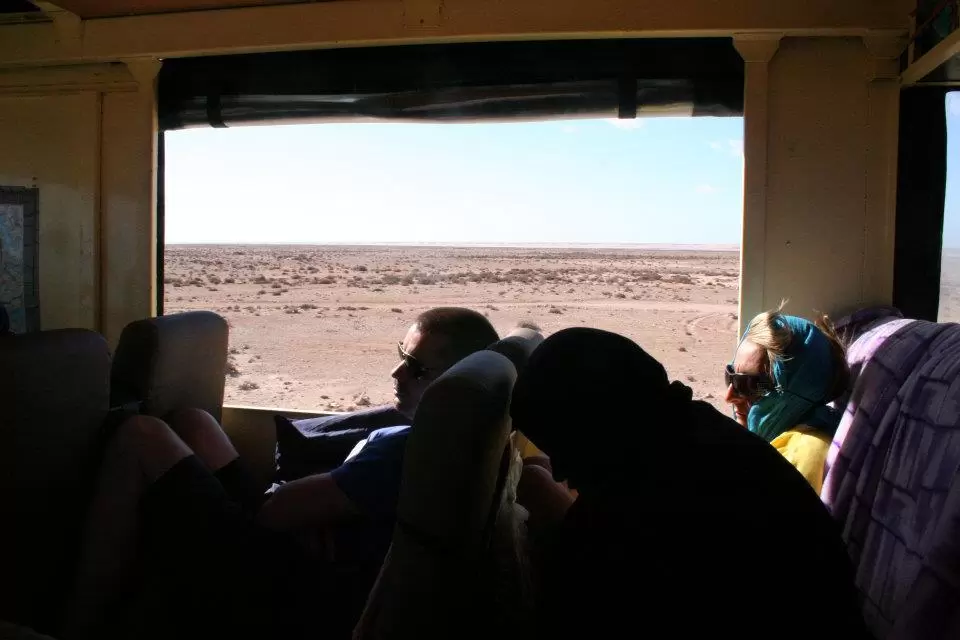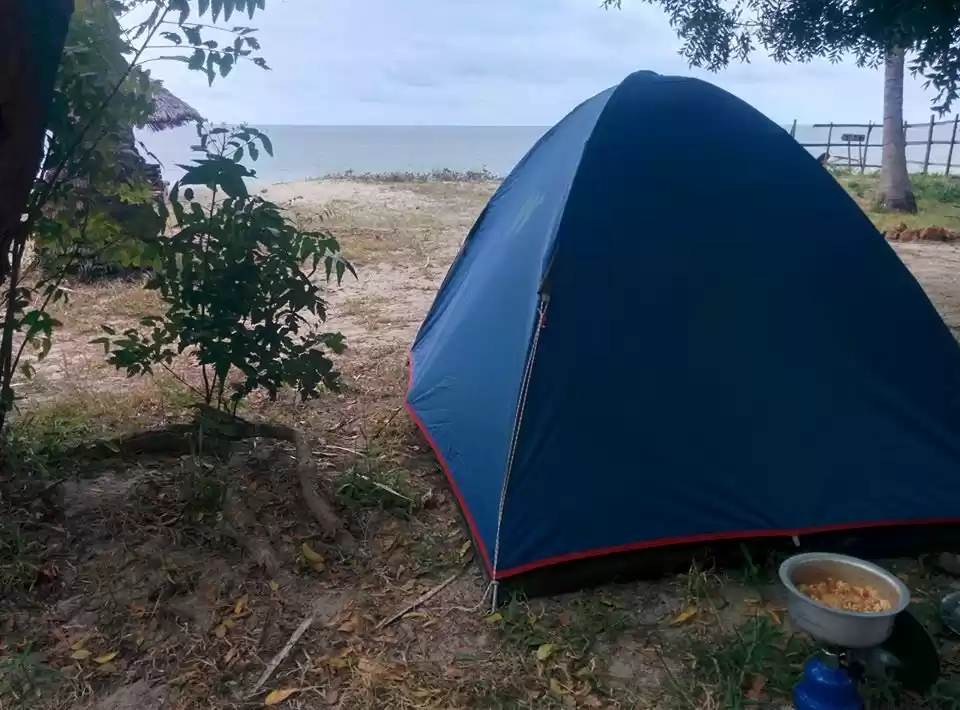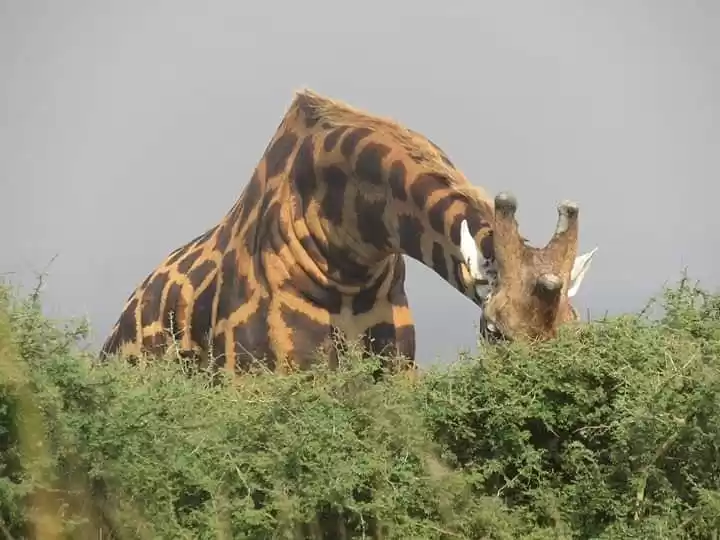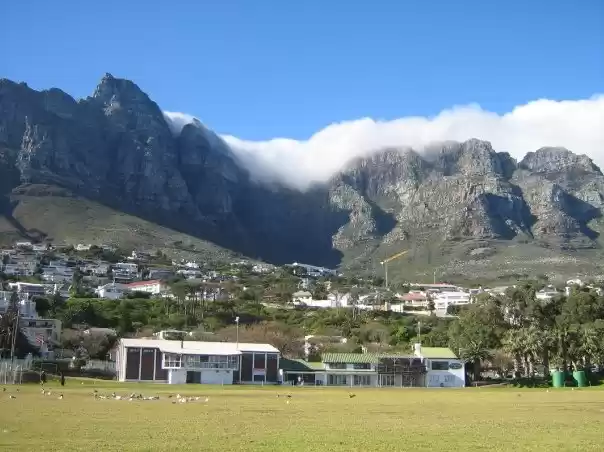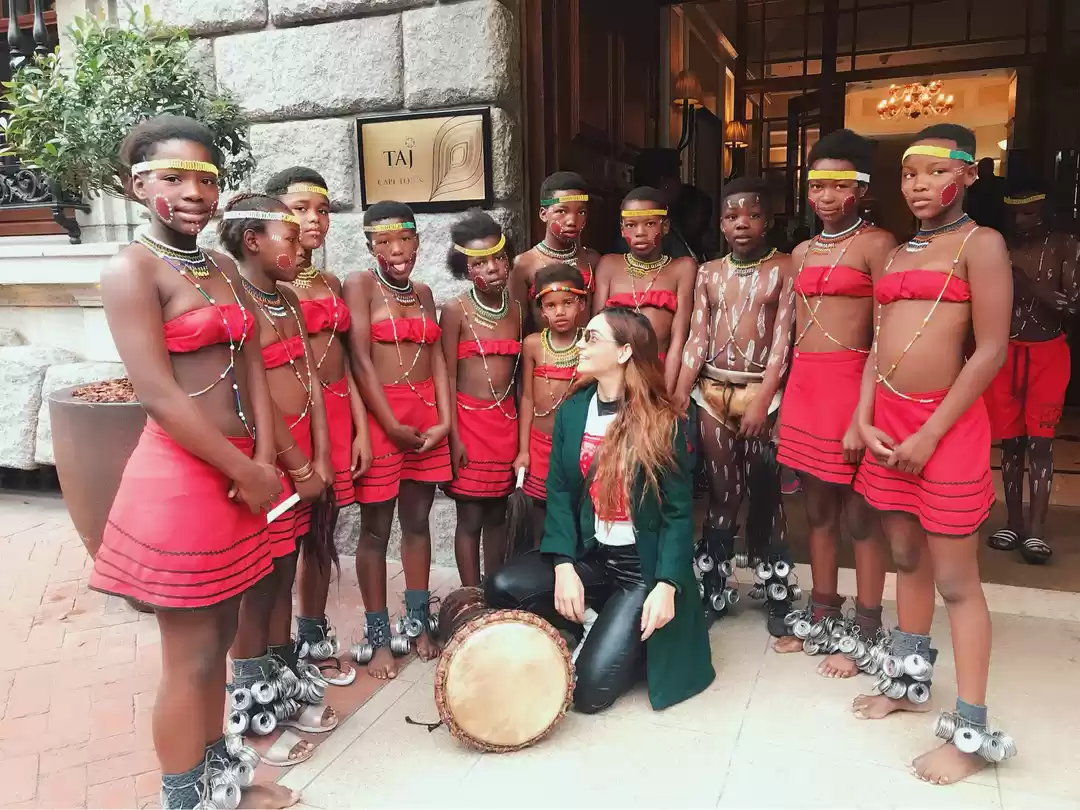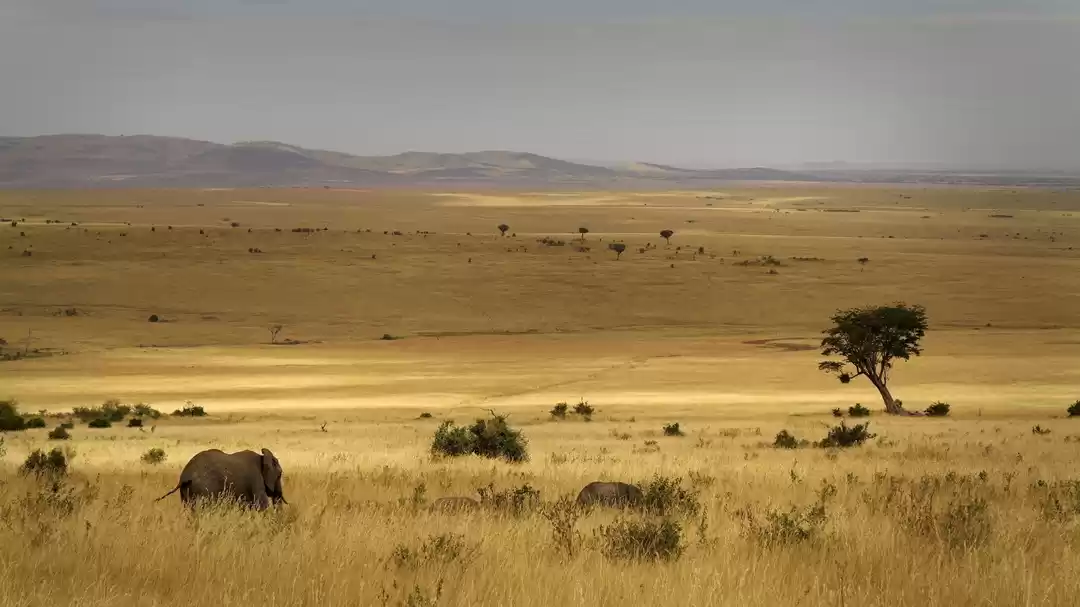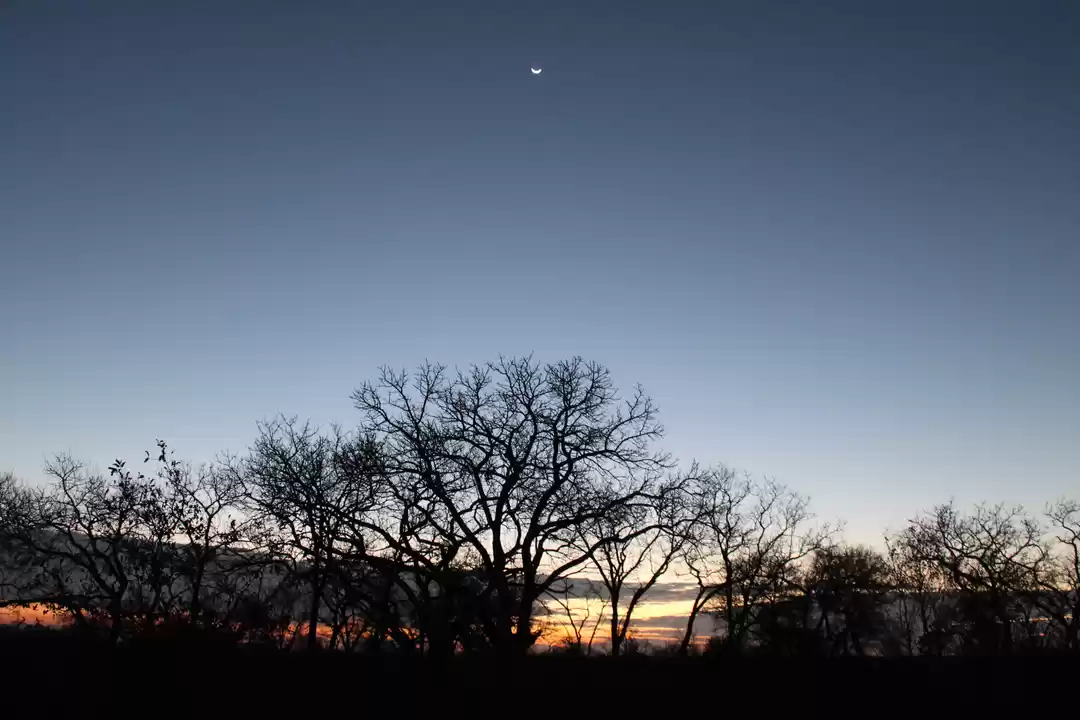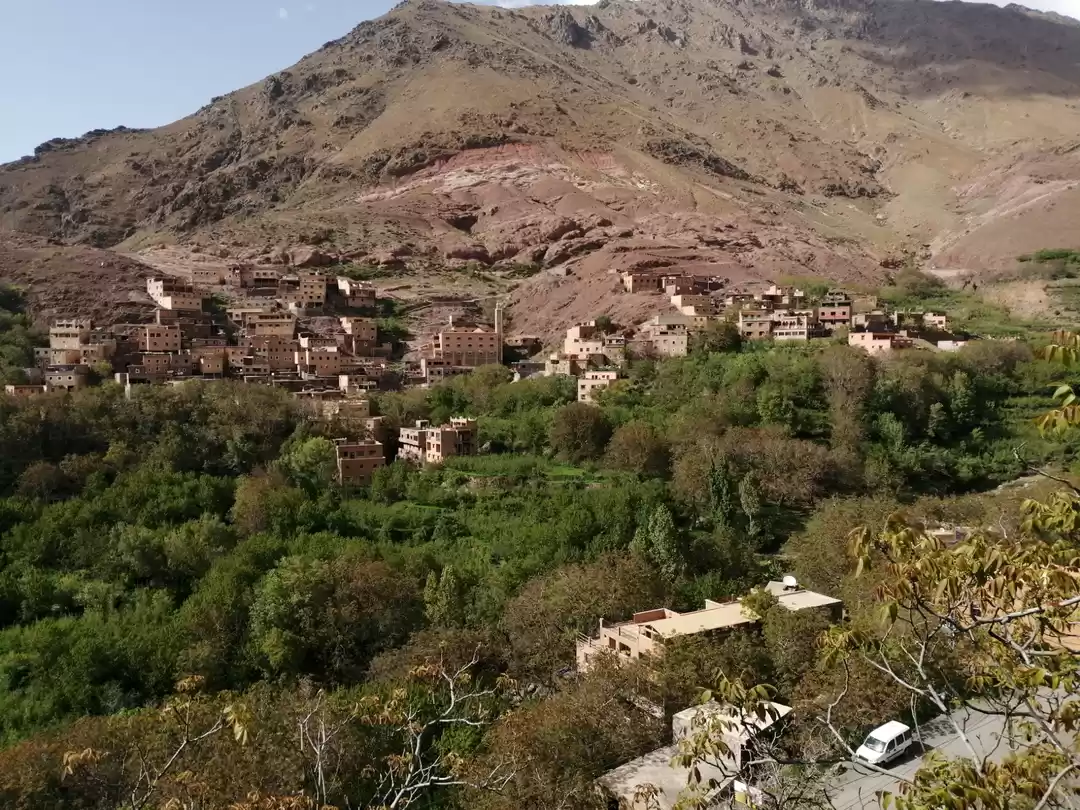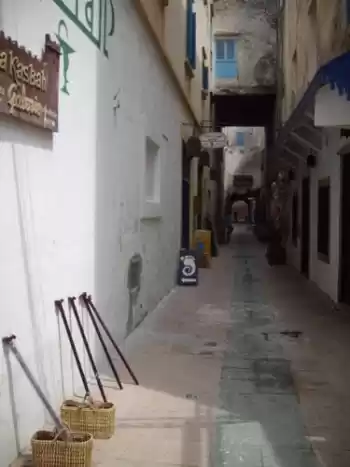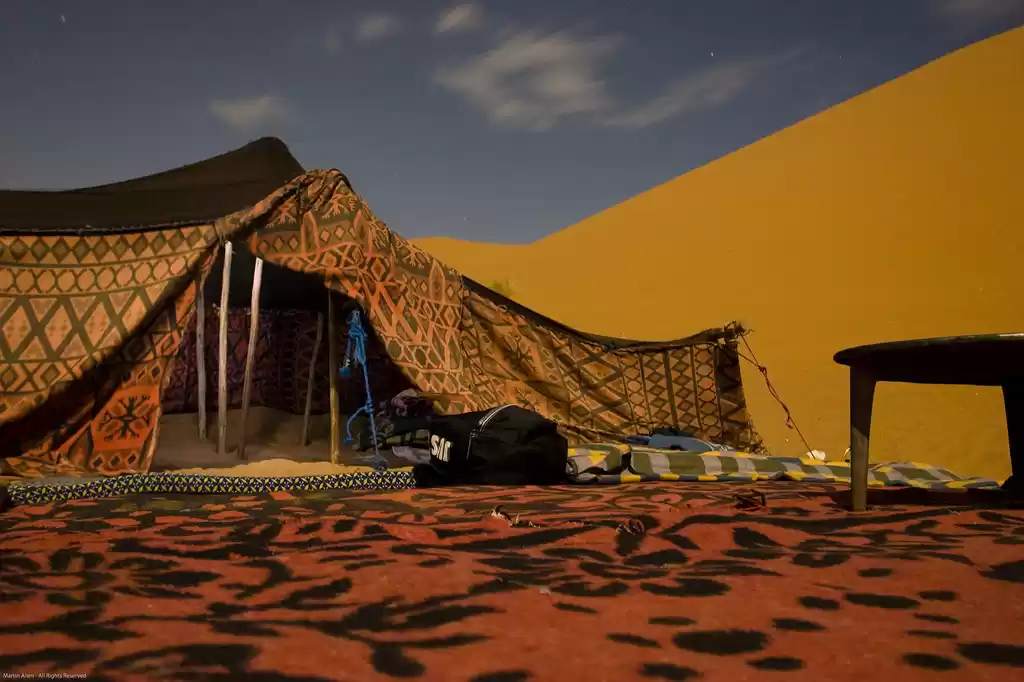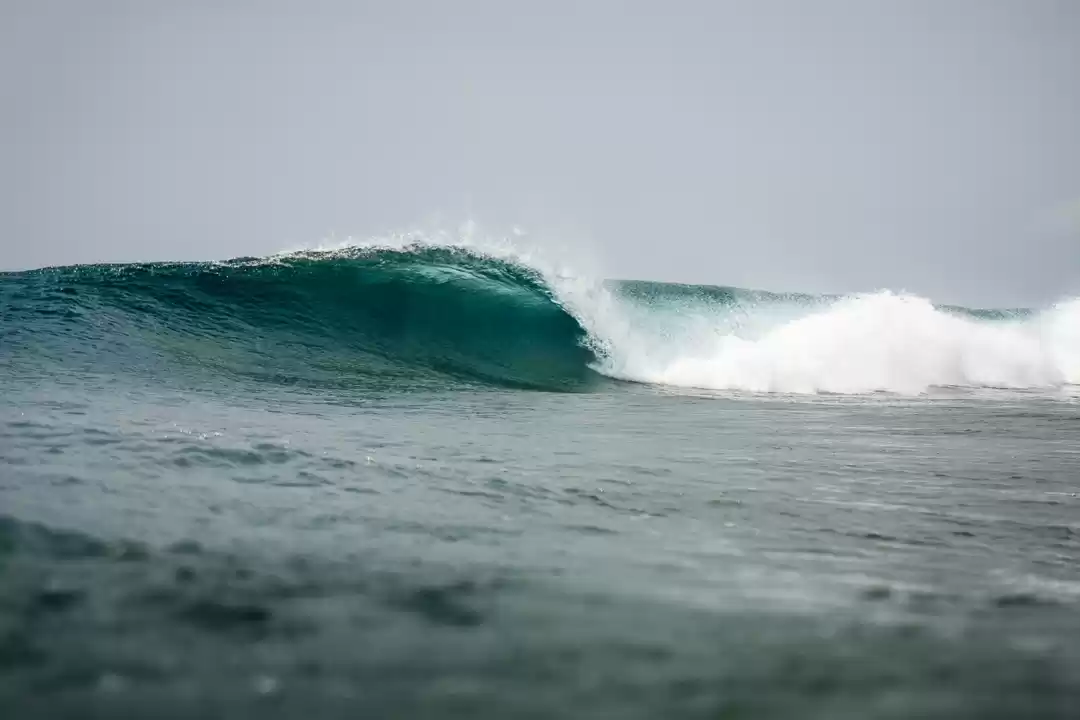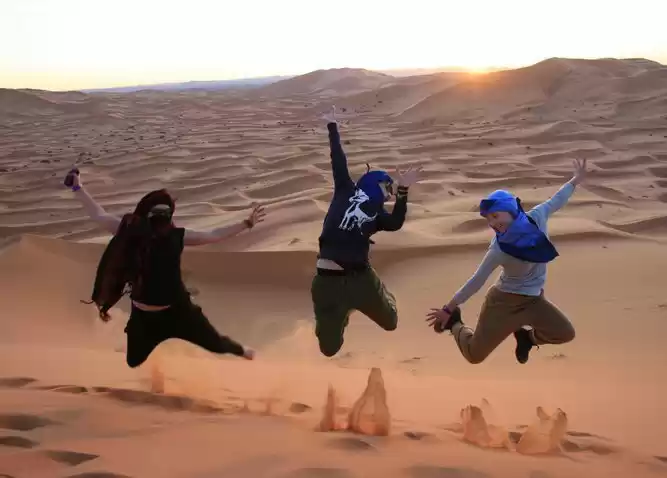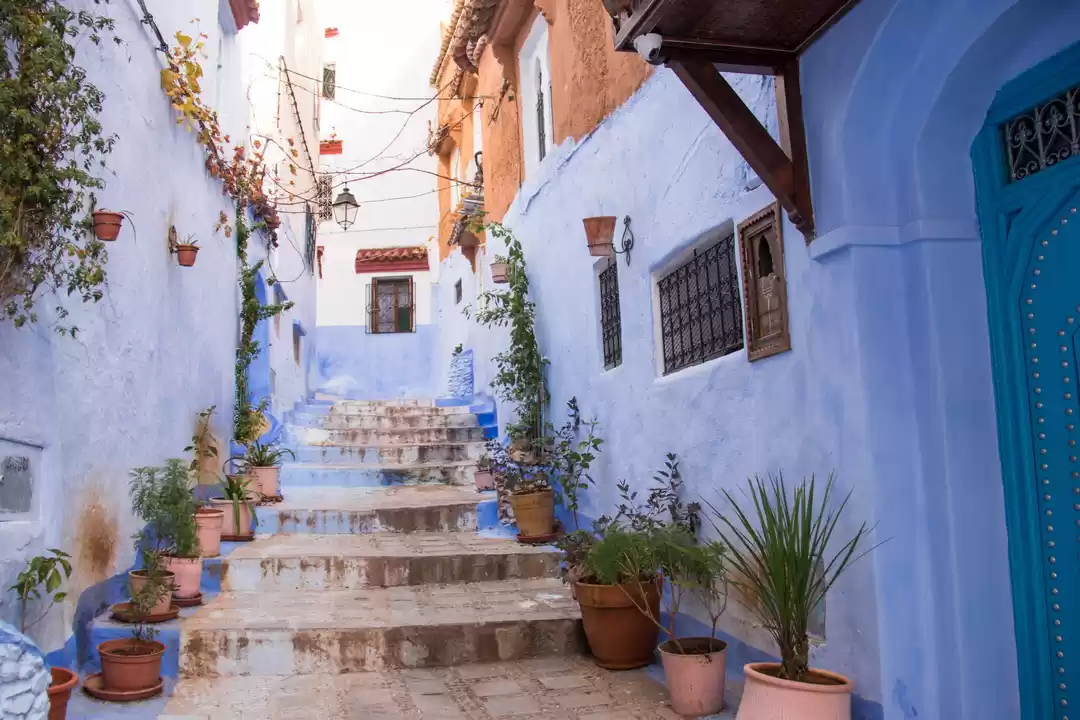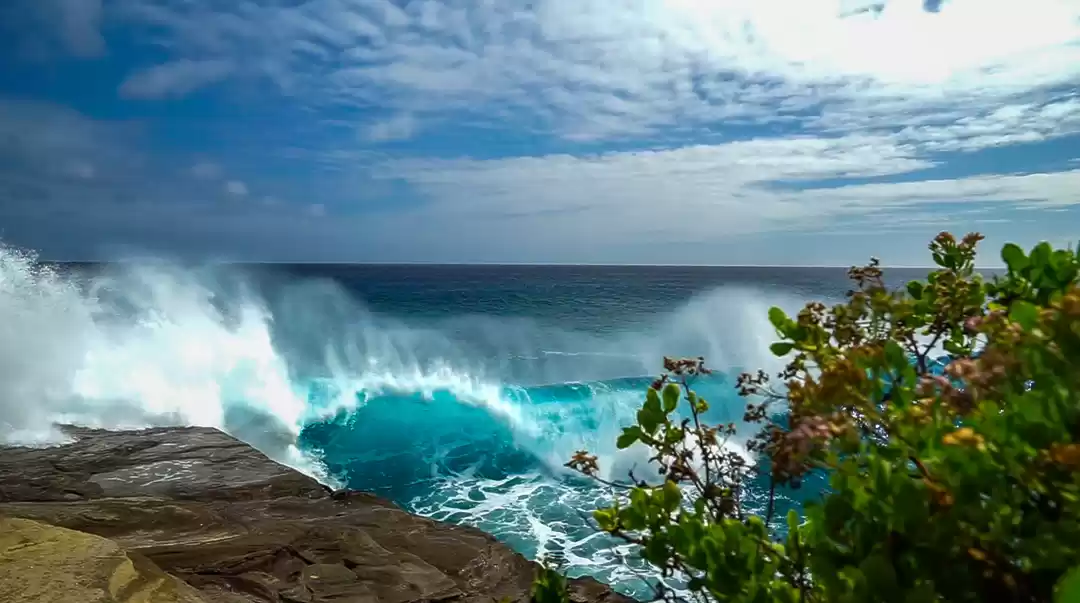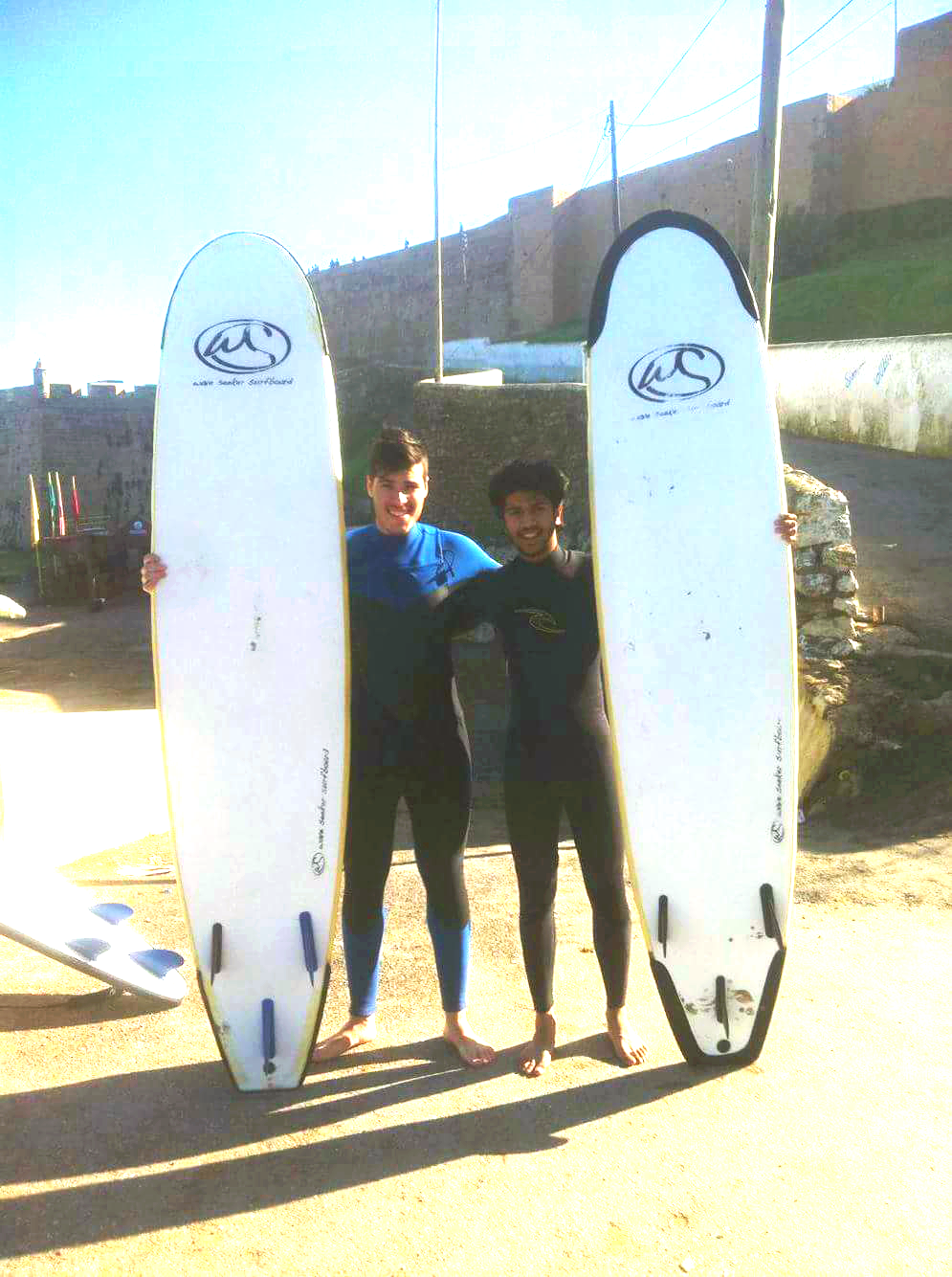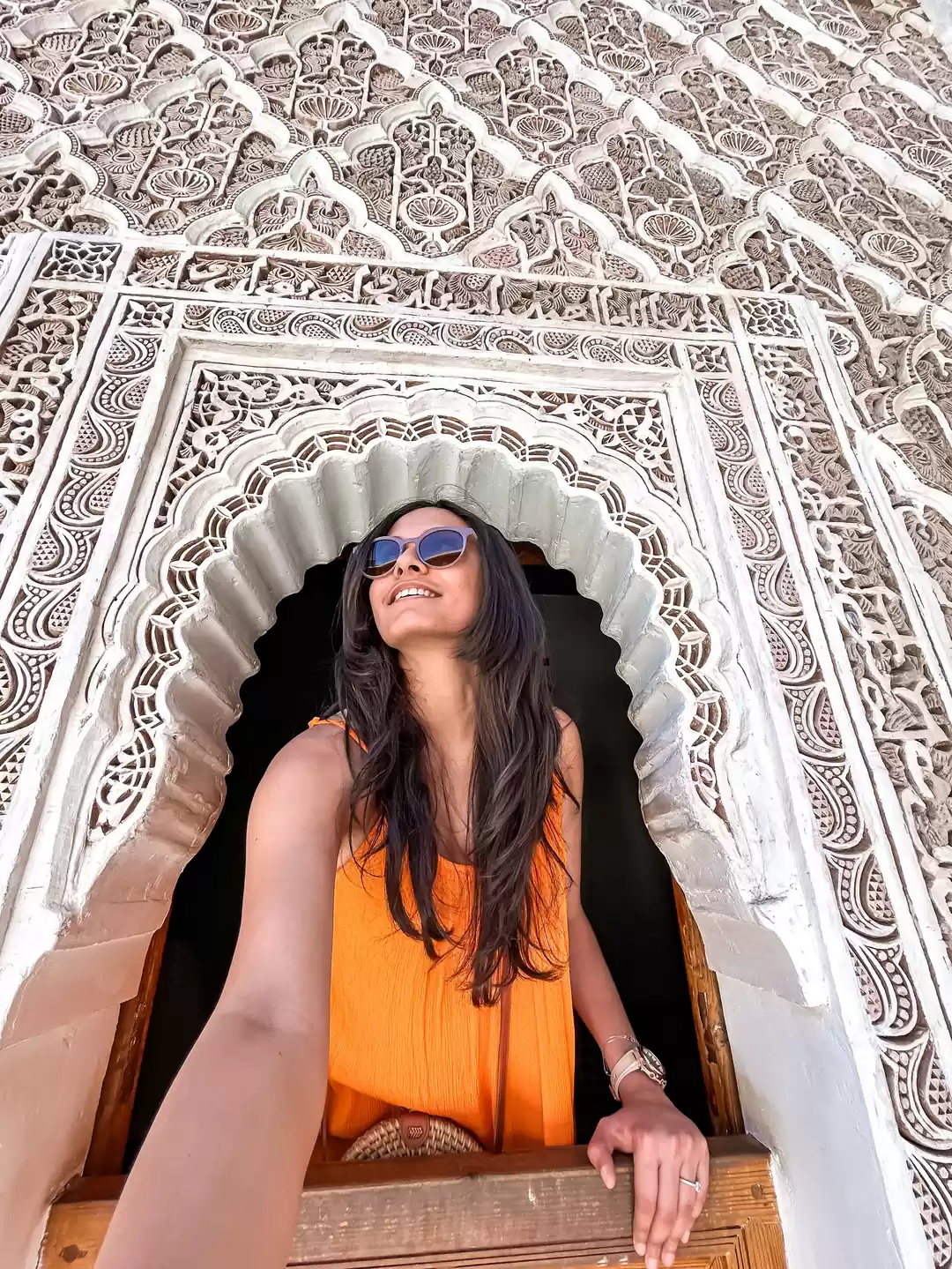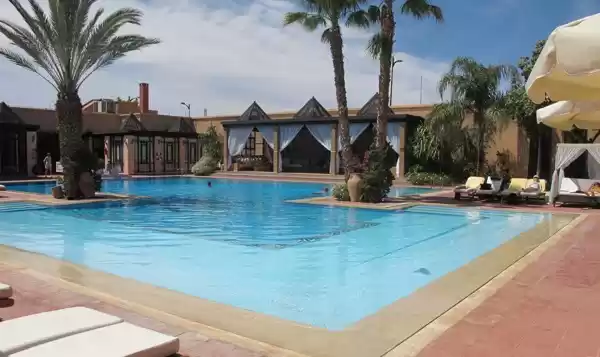
"Goats on trees, goats on trees!" we shouted and pointed.

A few miles back, our driver and surf instructor Ismael, told us to keep our eyes out for goats climbing argan trees, a novelty in this part of Morocco. Sure enough they appeared, and we squealed like kids on a school bus.

Ismael pulled over and we hopped out of the van.
We marveled at the goats from the roadside, pulling out our cameras, amazed by something that these goats did every single day. The goats called to one another and one by one headed for the hills. We unintentionally scared them away.

When we got back to the van, an elderly Moroccan man dressed in a traditional robe stood holding his hand out for money.
Apparently the goats belonged to this man, and we owed him something for taking photos. I thought about how in Marrakech I couldn't even take a photo of a public square without street vendors demanding I pay them. I heard somewhere that in the Koran it says that it's the duty of the "rich" to give to the "poor".

Ismael handed him some dirhams.
"You should've stopped earlier Ismael," Nick, a Brit working at the surf house, teased. "I think the first goats we passed were free to look at."

We continued through the hillside along Morocco's coast, just North of Agadir, en route to Imsouane, a tiny fishing village with a two-minute long wave. Past the tail end of Morocco's surf season, we heard it might be the last time to see Imsouane deliver until Fall.

Given my lack of surf skills, I knew I'd be playing in the white water rather than taking Imsouane's long ride. For me it didn't matter. I was stoked for the gorgeous scenery and fresh seafood.

The road snaked through arid hillside decorated with sheepherders and ocean view teepees.
Ismael looked over at me in the passenger's seat, "Americano, are you thinking about what you're going to write in your report?"

I laughed. I hadn't been thinking about blogging much lately. Instead I was caught up in the experience. Breakfast, surf, lunch, surf, yoga, sunset, dinner, bed. It was a routine I was getting used to that didn't allow much time for "work".

"You're not going to write about me in your report are you?" he asked.
"Ismael, if you want me to write about you, you've got to do something more interesting for me to write about."
"Write about argan oil Americano. Don't tell people about me, tell people about argan oil."

"American-AH," I corrected him. "People have been using argan oil in the states for ages. Nobody cares about argan oil."
I'd been in Taghazout taking surf lessons from Ismael for only a week, he was younger than me, and he was about half my size, but he teased me like I was his kid sister.

We stopped beside a chain link fence and Ismael guided us to a small opening. Below us was a massive drop with waves forming arcs across the ocean like ripples from a stone dropped into a pond. We had reached the bay of Imsouane.

In town we parked our van at the sea's edge and began to unload our boards from the rooftop.

Imsouane felt simultaneously touristic and traditional all at once.

Fishermen hauled boatloads of fresh catch into the town center, where gangs of men crowded and negotiated over sardines, squid, and prawns.

Foreign and Moroccan tourists sat at plastic picnic tables beside the water eating piles of seafood.

Surfers clad in black wetsuits littered the ocean.

Moroccan boatmen who lived in this tiny village selling fish to feed their families and British surfers who traveled across the world for waves, all seemed to worship the same bay.

There were no touts trying to sell trinkets and no side glances for our bare feet and bikini tops.

We were aliens in their peaceful town, and yet they allowed our presence seemingly effortlessly.

Collectively we were High School PE teachers moving to Japan, Israeli/German med students on vacation, English journalists, a Moroccan surf instructor, a windsurfer from Wales, and an American travel blogger.
We were all different ages, from all different countries, on all different paths that led us to Taghazout, yet for the time being, we were family.

The tide was already coming in as we climbed over the mollusk covered rocks to get into the bay, balancing our boards, beach towels, suntan lotion, and digital cameras.
Stunned by the scenery, I started wandering and taking photos while the others stretched on their wetsuits.

Dedicated surfers paddled out to the break and I watched them fly by, as impressed by their perseverance as I was by the power of the waves.

"You need to get out there now! The tide is coming in and you're going to miss it all!" A surfer shouted at me intensely as he walked by.

I ran out into the ocean and recalled how my first day in Taghazout, even in my wetsuit, I nearly lost my breath because the water felt so cold to me. Now it felt normal. I pushed forcefully through the waves that had just closed out. A week ago they would have terrified me; it amazed me that they didn't anymore.

The bay seemed nearly empty. Along with the two women in our group from England, I paddled with turbo speed to catch a wave. When we couldn't paddle fast enough, Ismael came over and pushed us.

Surfing was so humbling, like being a baby again. I'm not sure I've been less of a natural at anything in my life, but somehow I was still having fun.

I found myself beginning to understand why people woke up at sunrise to catch waves and traveled the world to follow them. Surfing was starting to get under my skin.

When the tide became too high and I was wonderfully spent, I climbed up the cliff with my board under my arm. It was entirely precarious, waves crashing against me, the jagged coral scraping my hands, but I felt no hesitation.

When I got to the top I realized something. Somewhere between hiking to waterfalls in the mountains, dodging harassment in the souks, and working through my fear of the ocean, I was regaining the wildness I wondered if I had lost.

We dripped in our wetsuits up the ramp into the town, led by the smell of fish grilling on an open flame.

On the roof of the town's main restaurant, we piled together on a long picnic table. Wind whipped my hair into a frenzy and our paper placemats blew wildly beneath our plates, cups, and makeshift paperweights.
We waited for what felt like ages, salivating from the smells around us. Being in Morocco reminded me of my favorite philosophy, the national mantra of Costa Rica: " Pura Vida ". In Morocco your cab might break down, you might not get what you ordered, and you might walk through fish guts en route to the best restaurant, but you were always bound to have an authentic adventure.

Everyone fell silent when the platters of grilled fish, calamari, and octopus arrived. I picked the white succulent meat with my fingers and threw the bones onto the paper mat. Rice and octopus blew into my lap when I tried to use my fork. Lesson learned.
Our meal ended with a round of mint tea, often referred to as Moroccan Whisky, and cookies.

The drive back to Taghazout was far quieter than the ride out. I played DJ in the front seat, the guys in the back gazed out the windows, and Nick slept snuggled up against the sliding door.

I watched the changing landscape, the crashing waves to my right, the sandy hills to my left, the men and women living in rhythm with nature while we whizzed by in an automobile.

My heart felt full, my body sufficiently exhausted into relaxation. I smiled, realizing that something had shifted. I had fallen in love with Morocco.
Stay tuned for my full guide to Taghazout, surf and yoga heaven in the desert of Morocco. This trip was part of a tour with Surf Berbere, full services surf camp and lodging in Taghazout. Trips to Imsouane for guests of Surf Berbere cost just 200 dirhams (around $20) for the day including seafood lunch. Silly banter, genuine friendship, and chill vibes free of charge. Full disclosure, Surf Berbere sponsored my stay; as always my recommendation is 100% authentic.
